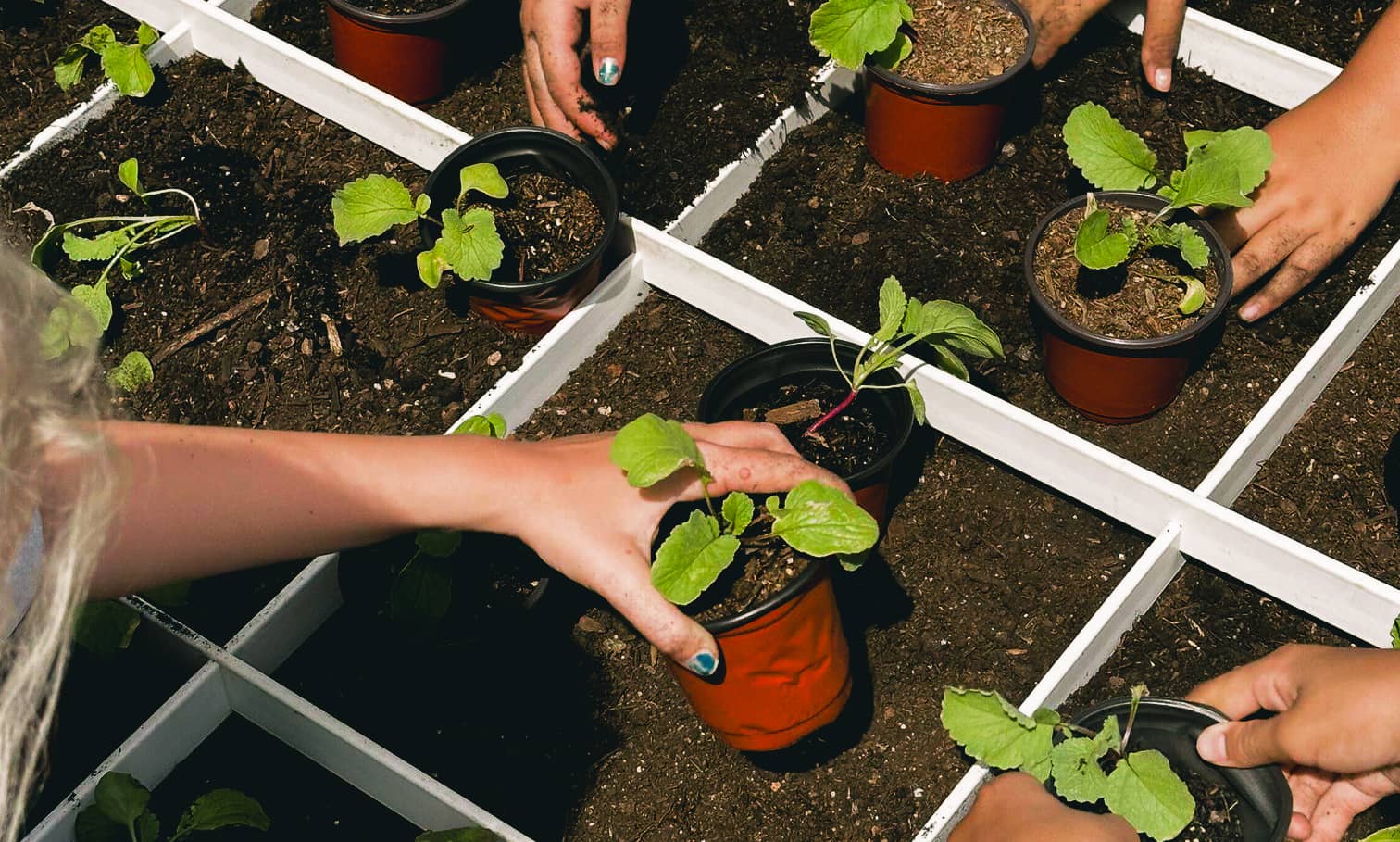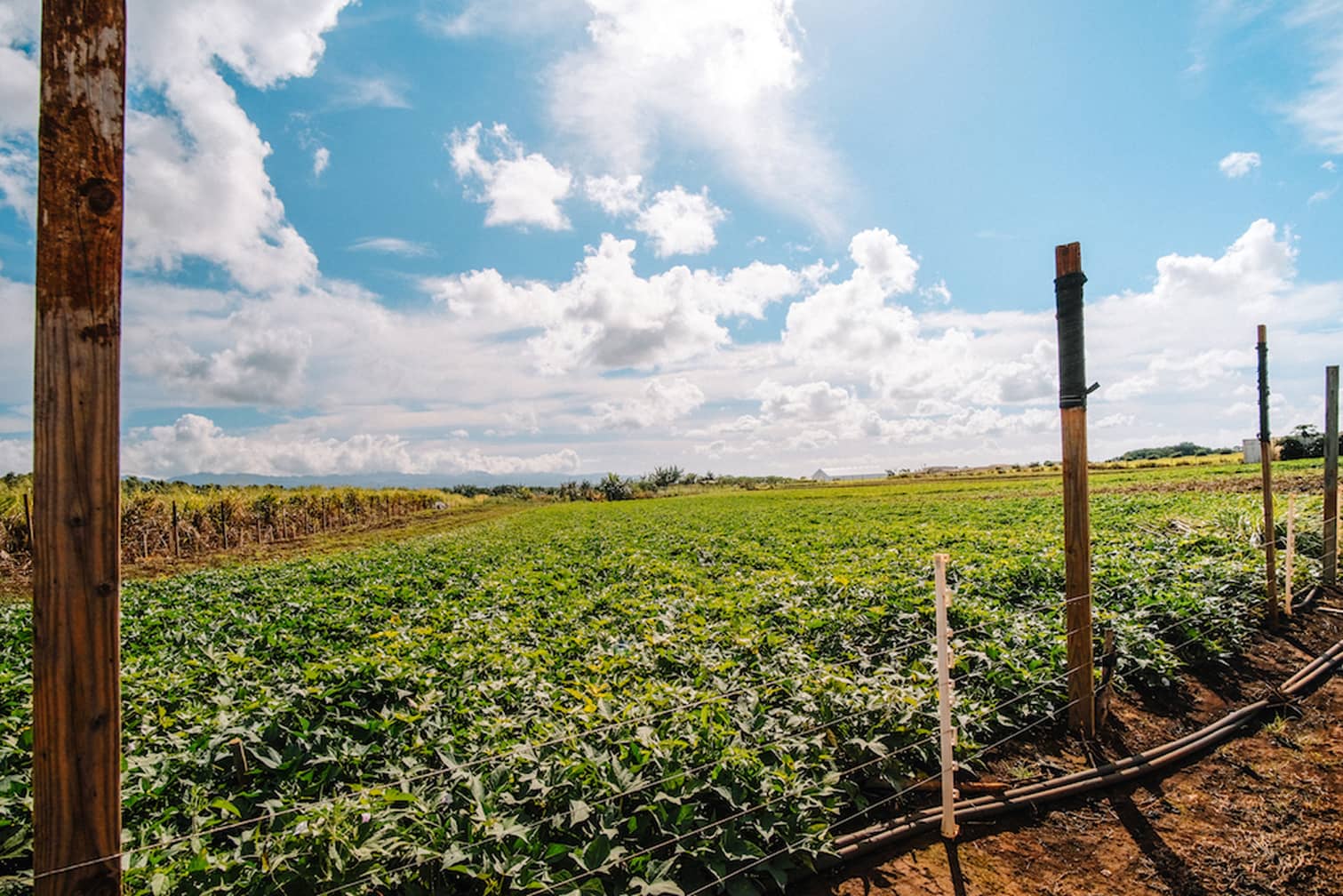
Shifting the landscape of Hawai‘i's Agricultural future
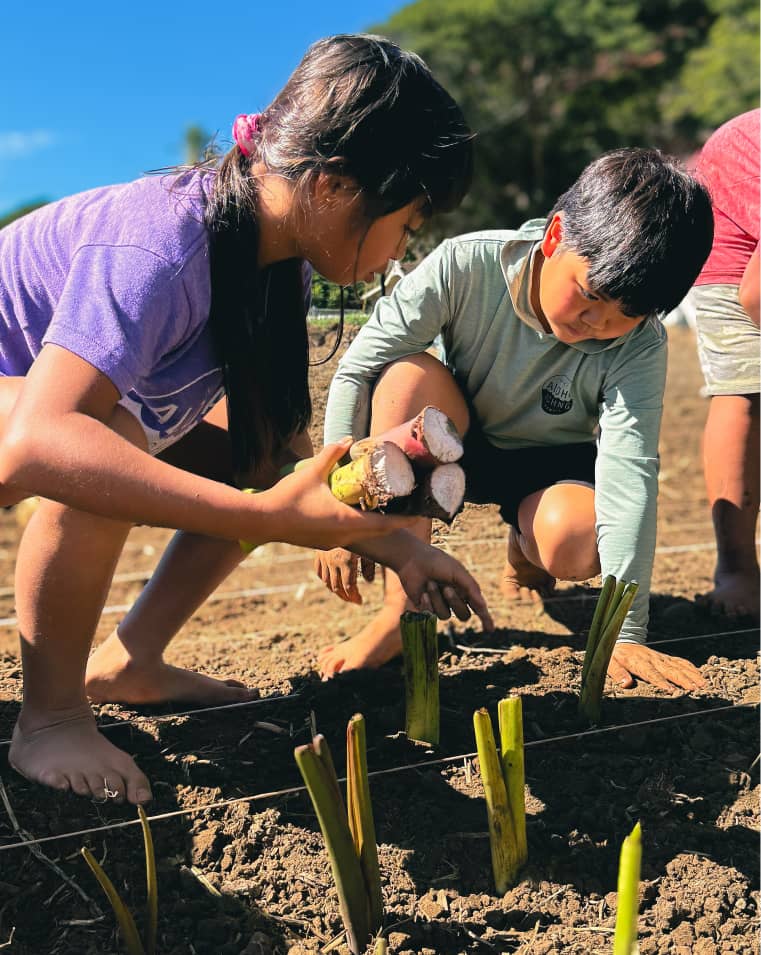
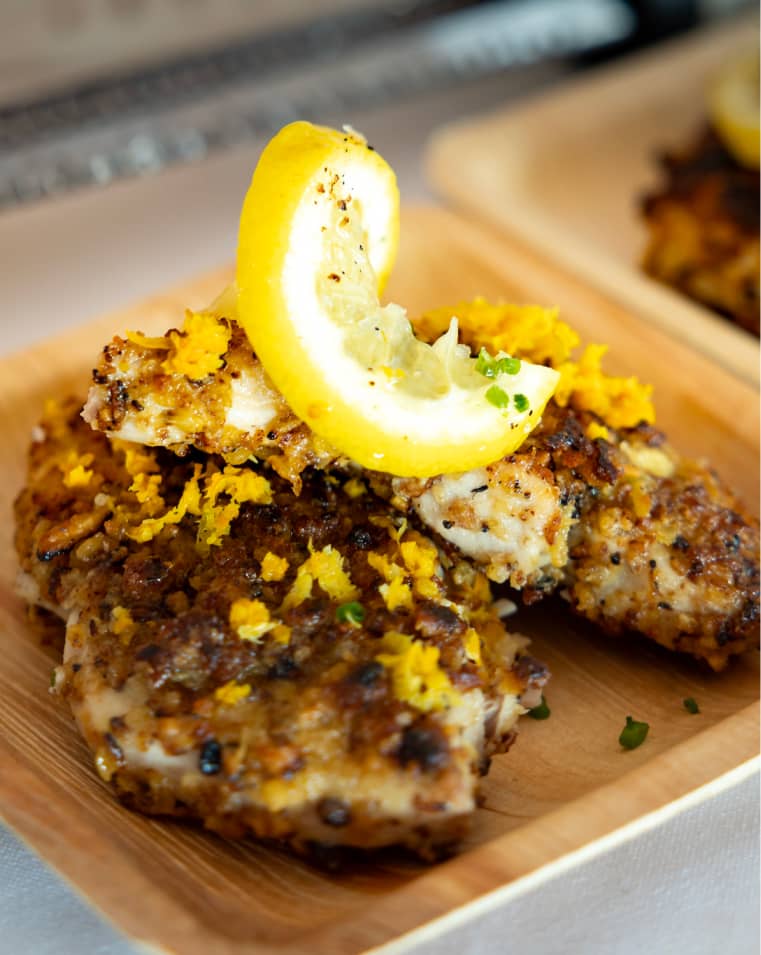
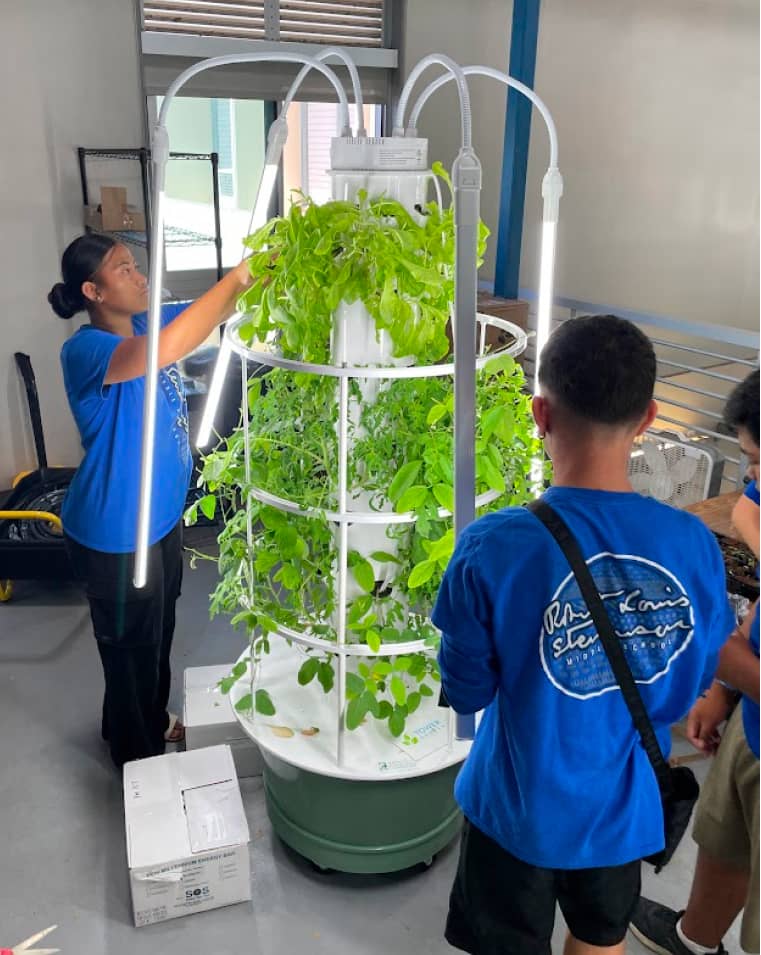
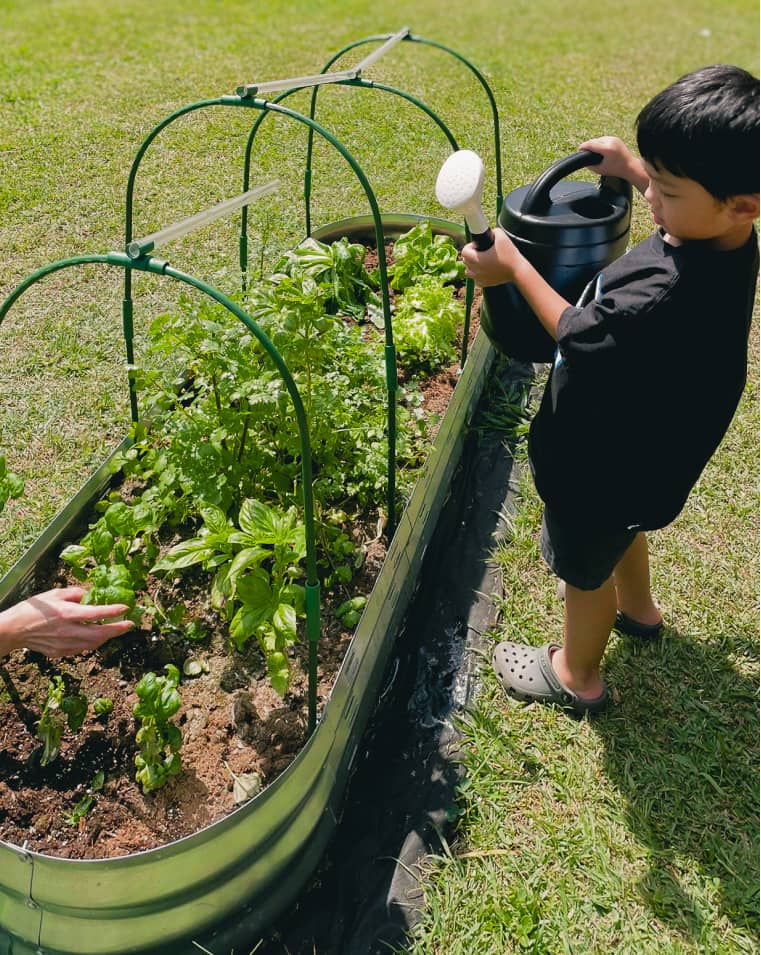
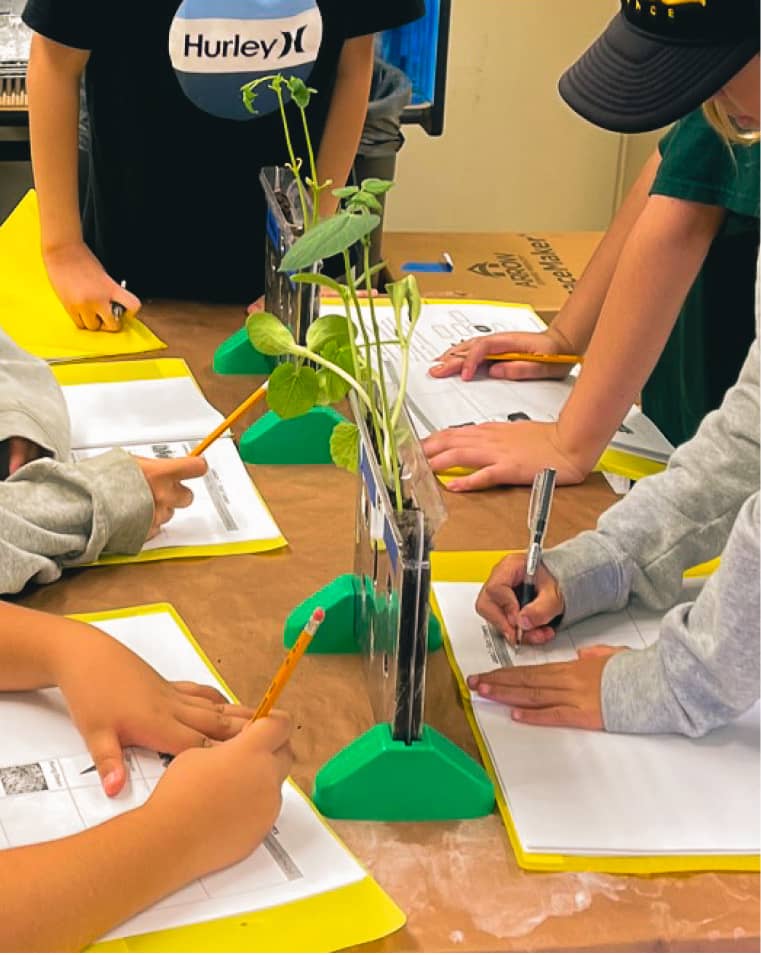
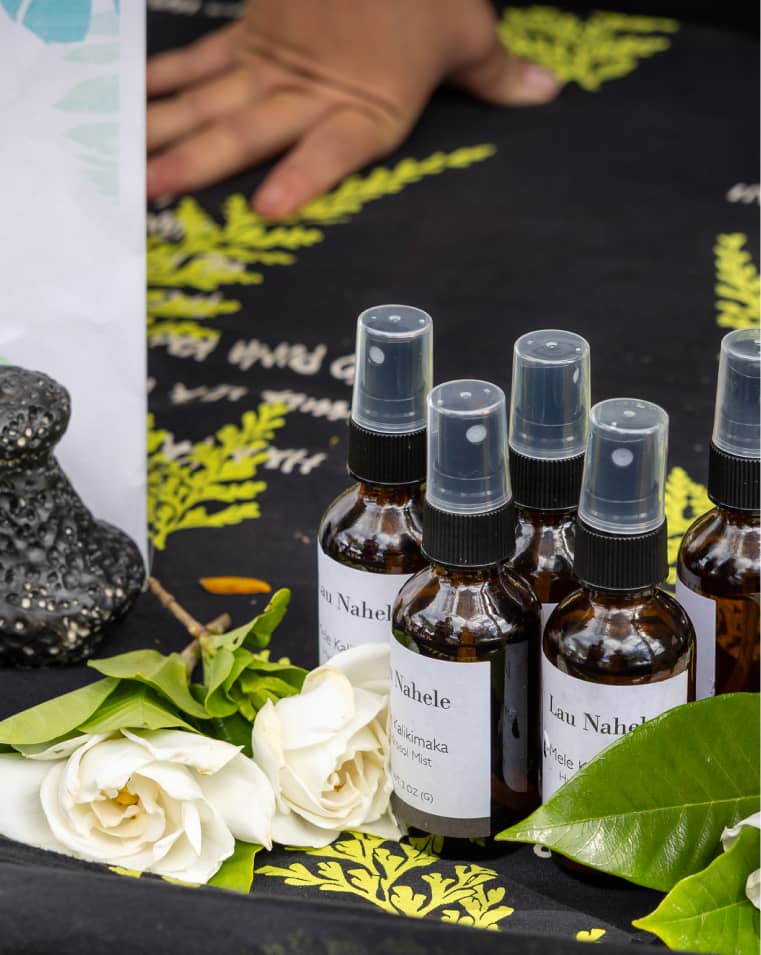







Stay connected with Hawai‘i’s growing agricultural community through HAF’s upcoming events. From teacher workshops and farmer opportunities to thought-provoking community conversations, our programs bring together educators, industry leaders, and the public to learn, share, and take part in shaping a more resilient, food-secure future for Hawai‘i.
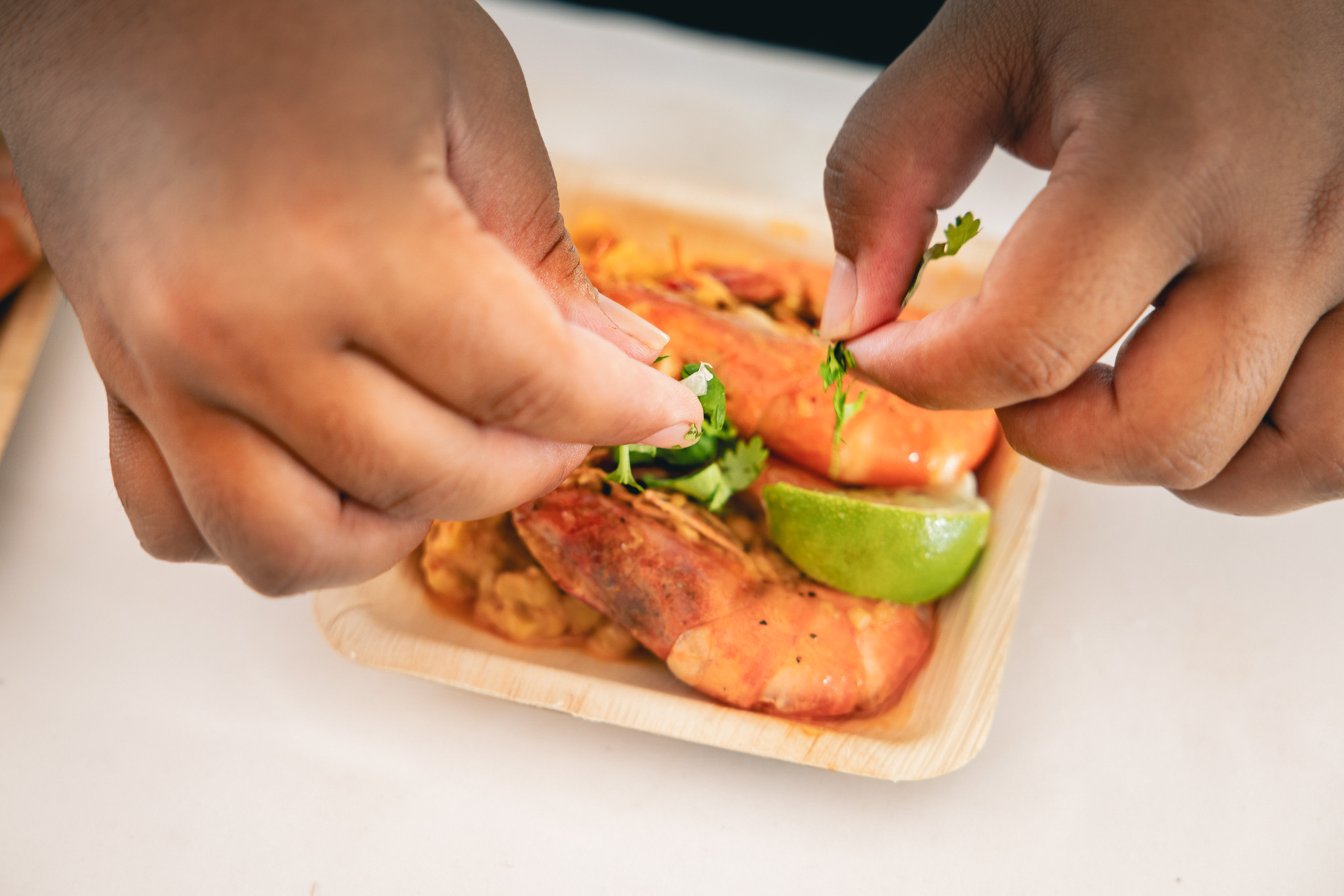
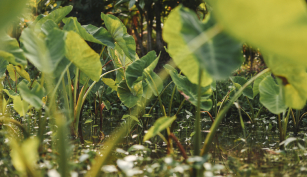
The Hawai‘i Agricultural Foundation invites K–12 students statewide to participate in the 2026 Localicious® Art & Recipe Contest. Presented by Hawai‘i Gas, it’s a creative opportunity to reimagine school lunch while celebrating Hawai‘i’s local food system. Get all the exciting details here.
Education is at the core of HAF’s mission to build a resilient, food-secure Hawai‘i. Through partnerships with state education leaders, teachers, and industry experts, our programs reach thousands of students statewide each year — creating awareness of the importance of local agriculture and the careers that sustain it. From classroom learning to real-world experiences, HAF cultivates curiosity, builds skills, and inspires the next generation to grow Hawai‘i’s agricultural future.
Your support helps cultivate a food-secure Hawai‘i. Every gift strengthens local agriculture by empowering farmers, inspiring students, and connecting communities. Whether through donations, sponsorships, or partnerships, your contribution fuels HAF’s mission to ensure Hawai‘i’s agricultural future continues to grow — resilient, sustainable, and thriving for generations to come.
